The battery industry has witnessed remarkable advancements in recent years, driven by the demand for efficient energy storage solutions. From lithium-ion batteries to emerging material batteries, the quest for high-performance and sustainable energy storage technologies has led to significant breakthroughs. In this comprehensive article, we delve into the history and development of the battery industry, explore the significance of lithium batteries, analyze the impact of different battery materials on performance, and examine the role of battery technology in the development of artificial intelligence.
The journey of the battery industry dates back centuries, with pioneering experiments and innovations shaping its evolution. From the early voltaic pile to the modern lithium-ion battery, each milestone has contributed to the current landscape of energy storage technology. The development of battery materials, manufacturing processes, and testing methodologies has been pivotal in enhancing the efficiency and reliability of batteries, paving the way for diverse applications across industries.
Battery materials play a crucial role in determining the performance and characteristics of a battery. The choice of materials, such as lithium, graphene, and electrolytes, directly impacts factors like energy density, charging speed, cycle life, and safety. For instance, graphene batteries offer exceptional conductivity and lightweight properties, making them suitable for high-performance applications. On the other hand, lithium-ion batteries have revolutionized portable electronics and electric vehicles with their high energy density and rechargeable nature.
Lithium batteries have emerged as a cornerstone of the battery industry due to their exceptional energy density and versatility. Their widespread adoption in consumer electronics, electric vehicles, and energy storage systems reflects their pivotal role in powering modern technology. The lightweight and compact nature of lithium batteries has contributed to the portability and efficiency of electronic devices, while advancements in lithium battery technology have paved the way for sustainable energy solutions and grid-scale storage.
In addition to lithium batteries, emerging material batteries hold immense potential for driving future breakthroughs in battery technology. Innovations in materials such as silicon, solid-state electrolytes, and advanced composites are poised to enhance energy storage capabilities, reduce environmental impact, and enable new applications. The continuous research and development in emerging materials signify a promising future for energy storage, with the potential to address challenges related to cost, safety, and performance.
The rapid development of artificial intelligence (AI) has led to an increasing demand for efficient and reliable power sources. Batteries play a pivotal role in providing the necessary power support for AI systems, ranging from edge devices to data centers. The impact of batteries on the development of AI is profound, as energy storage technologies enable seamless operation, data processing, and mobility for AI applications. Moreover, advancements in battery technology contribute to the sustainability and scalability of AI infrastructure, fostering innovation and growth in the field of AI research and development.
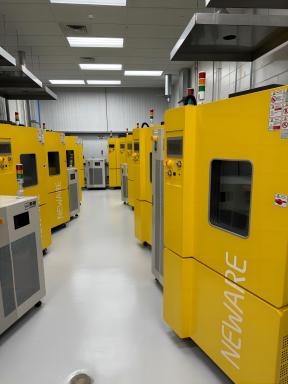
Battery testing is a critical aspect of battery use and manufacture, encompassing various dimensions to ensure safety, performance, and reliability. From environmental testing to electrical characterization, battery testing involves rigorous evaluations to validate the functionality and durability of batteries. The insights gained from battery testing inform the design, optimization, and quality assurance processes, thereby upholding industry standards and consumer safety across diverse applications.
The electric vehicle (EV) industry has witnessed the rise of prominent brands such as Tesla and BYD, renowned for their innovative battery technologies and superior performance. These companies have redefined the automotive landscape by integrating advanced battery systems that offer higher energy density, faster charging capabilities, and extended range. The strategic use of batteries in EVs has contributed to enhanced efficiency, reduced emissions, and accelerated the transition towards sustainable transportation solutions.

Elon Musk, a visionary entrepreneur and innovator, has been at the forefront of battery technology and its applications in electric vehicles and renewable energy. His visionary leadership and commitment to sustainable energy solutions have propelled the development of high-performance batteries and grid-scale energy storage systems. Musk's insights and contributions underscore the transformative potential of battery technology in shaping the future of energy, transportation, and environmental sustainability.
With the development of artificial intelligence, as Musk said: we will start from... Today's silicon shortage becomes... Power shortages in two years.
The evolution of battery technology has redefined the energy landscape, offering sustainable solutions for diverse industries and applications. From lithium batteries to emerging material innovations, the quest for efficient and high-performance energy storage continues to drive breakthroughs and advancements. As the demand for electricity grows with the development of artificial intelligence and electric vehicles, the significance of batteries in providing reliable power support cannot be understated. With ongoing research, testing, and collaboration, the battery industry is poised to shape a sustainable and electrified future, empowering innovations and addressing global energy challenges.
NEWARE
47690 Westinghouse Dr, Fremont, CA 94539



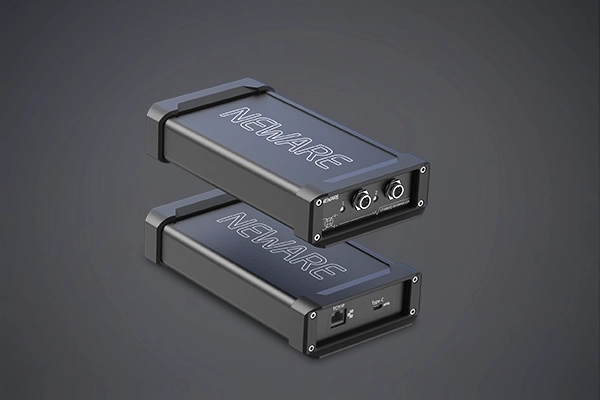
● Voltage&Current Accuracy:±0.01% F.S.
● Recording Frequency:100Hz
● Current Response Time:≤1ms
● Minimum Pulse Width:500ms
● Off-Line Test:1GB/CH
● Cycle Life, GITT Test, DCIR Test, dQ/dV Curve
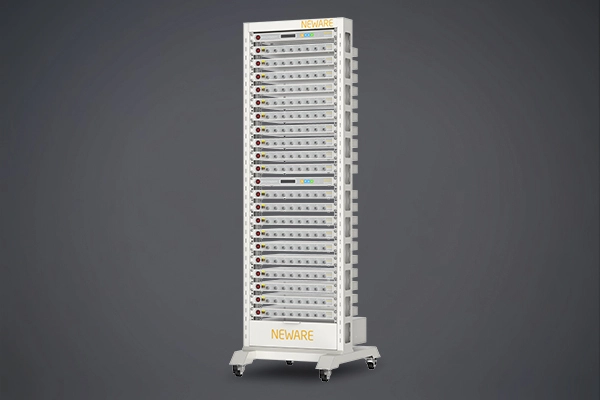
● Voltage & Current Accuracy:±0.01% F.S.
● Recording Frequency:10Hz
● Sampling Time:100ms
● Current Response Time:≤1ms
● Minimum Pulse Width:500ms
● Off-Line Test: 1GB
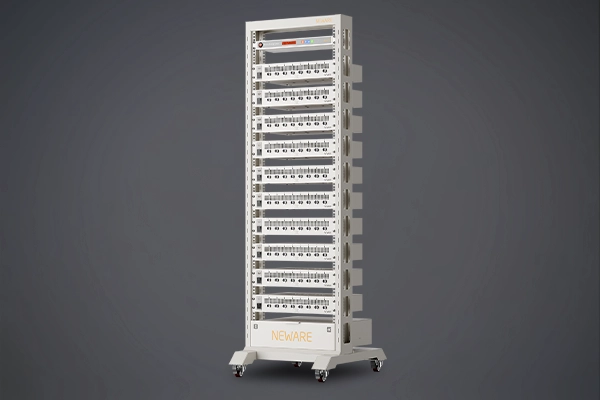
● Voltage & Current Accuracy:±0.05% F.S.
● Recording Frequency:10Hz
● Sampling Time:100ms
● Current Response Time:≤1ms
● Energy Efficiency:>65%
● Off-Line Test: 1GB
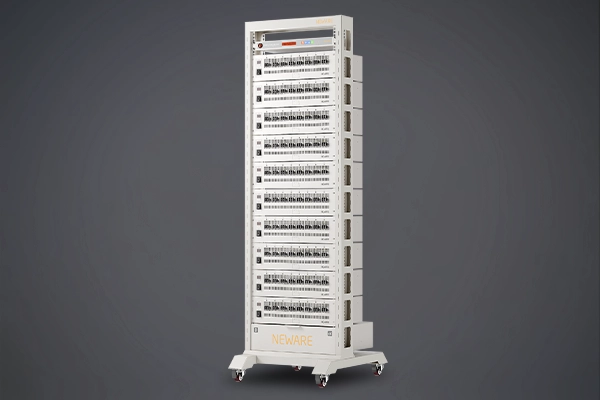
● Voltage & Current Accuracy:±0.05% F.S.
● Recording Frequency:10Hz
● Sampling Time:100ms
● Current Response Time:≤1ms
● Energy Efficiency:>65%
● Off-Line Test: 1GB

● Voltage & Current Accuracy:±0.05% F.S.
● Recording Frequency:10Hz
● Sampling Time:100ms
● Current Response Time:≤1ms
● Energy Efficiency:>65%
● Off-Line Test: 1GB
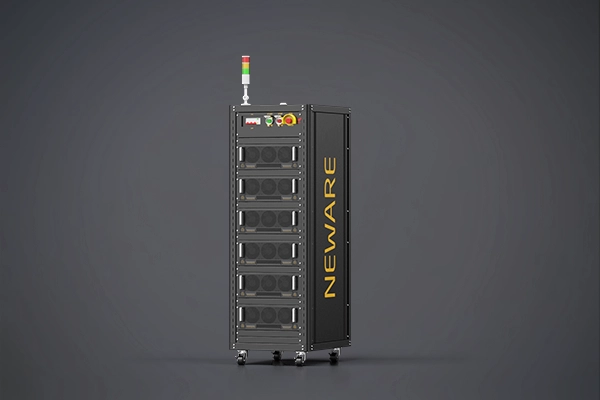
● Voltage Accuracy:±0.02% F.S.
● Current Accuracy:±0.05% F.S.
● Resolution Ratio AD/DA:16bit
● Current Response Time:≤1ms
● Minimum Pulse Width:100ms
● Off-Line Test:1GB/CH
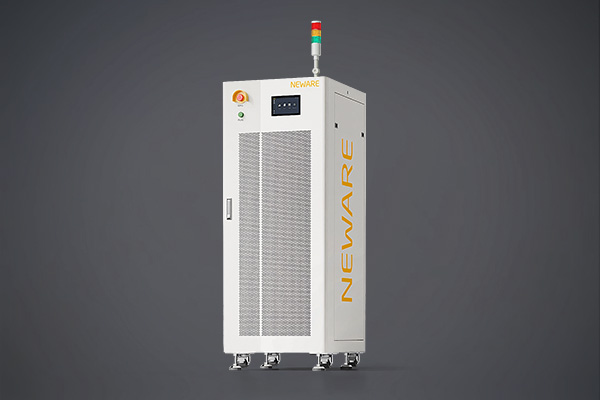
● Voltage & Current Accuracy:±0.05% F.S.
● Recording Frequency:100Hz
● Current Conversion Time:≤6ms
● Current Response Time:≤3ms
● Minimum Pulse Width:100ms
● Feedback Efficiency (Max) :75%
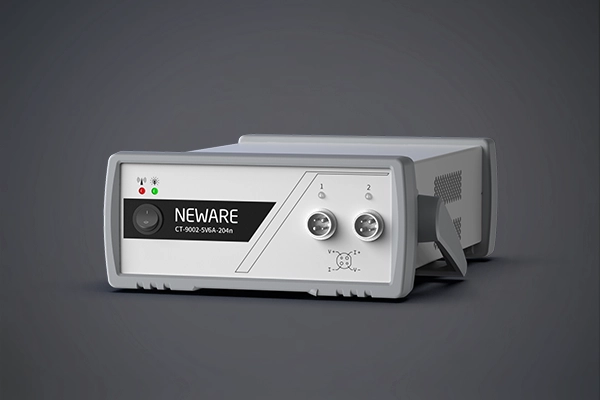
● Voltage & Current Accuracy:±0.02% F.S.
● Voltage & Current Stability:±0.01% F.S.
● Recording Frequency:1000Hz
● Resolution AD:16bit
● Current Response Time:≤100μs
● Off-Line Test: 1GB